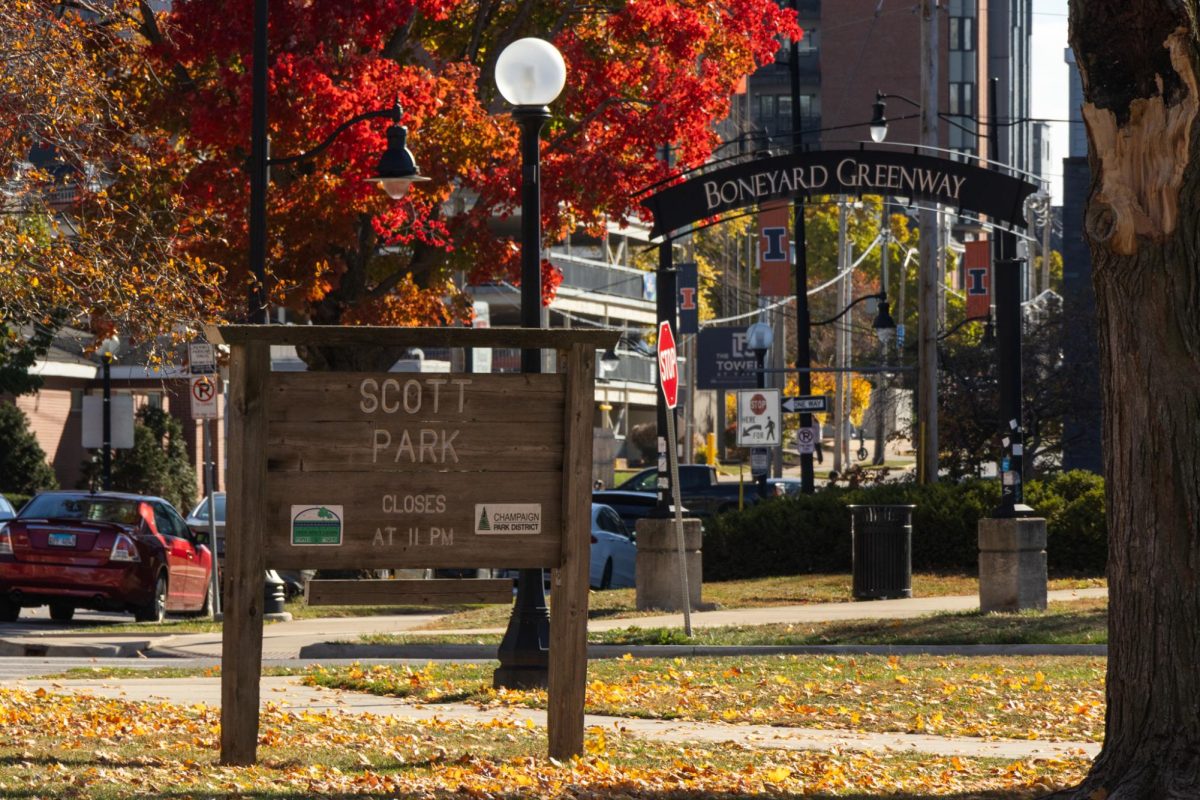The Urbana City Council held a focused discussion on a proposed financial plan for fiscal year 2024-25 in its regular meeting on Monday.
The council will deliberate further on the plan, and pending an approval process, the financial plan will be adopted on June 24.
Council members discussed the takeaways and aimed outcomes for the Urbana and the greater Champaign-Urbana community.
According to the proposed budget, investments will be made in public safety and public works, such as 911 services like fire, EMS and police, as well as city infrastructure. Other investments will be used to support the mayor and city council’s strategic goals.
In addition, the budget proposed a local motor fuel tax rate increase, with all tax revenue to be dedicated to transportation infrastructure improvements.
Get The Daily Illini in your inbox!
The budget also proposed investments into research of the connection between the maintenance of housing and community well-being and occasionally crime. Council members also seek to increase funding for nuisance abatement, or the elimination of harmful property conditions.
The plan proposes decreasing funding for Community Development Block Grant and the HOME Investment Partnership Program, both of which are government housing initiatives.
The portion of the budget meant for economic recovery and development will focus on downtown areas. Hotel Royer will be renovated, an H-Mart will be built and funding has been requested to complete Imagine Urbana’s Comprehensive Plan, which is a 20-year plan implemented in 2005 aiming to guide the city’s development and growth.
Additionally, the council is seeking to increase social service funding managed by the grants division, a city department that allocates city funding for housing and community services. For the upcoming fiscal year, the council requests $200,000, which would bring total social service funding to $300,000.
Social service funding supports the city’s Youth Services Grant Program, a city initiative that provides grants to nonprofit agencies providing community-based services for children and youth from low-income families.
Funding for city projects is generated through tax increment financing, a public funding method that dedicates tax revenues in a specific area to improvements intended to encourage new economic development and job creation.
The council noted that increased funding is dependent on increased revenue, stating, “We likely do not have the capacity to continue to expand services in the future without new revenues.”
The Urbana City Council meeting concluded with an overview of staff reappointments, followed by a discussion on the adoption of a new ward map. The current ward map can be accessed here.






